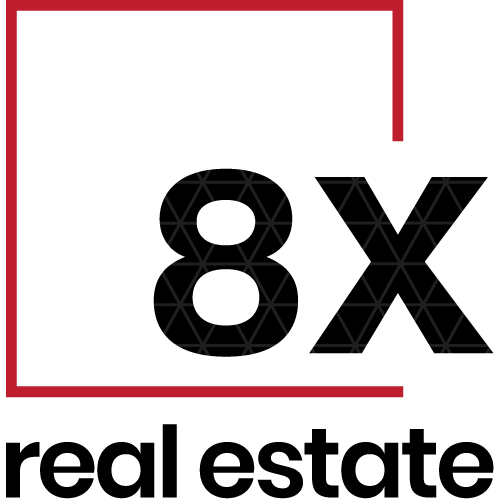Here’s an example;
Let’s say a tenant’s net rent is $10,000/month.
The landlord & tenant would enter into a forgiveness agreement and reduce the rent by 75%. The tenant now pays $2,500. For those tenants still struggling with this, Trudeau suggested the tenants can make use of the $40,000 Canada Emergency Business Acocount CEBA business loan program.
The Federal government & provinces will cover 50% of the pre-forgiveness rent ($5,000) by way of a forgivable loan, and disburse these funds directly to the mortgage lender.
The property owner would eat 25% of the rent ($2,500).
— Who is eligible?
Tenants who have a base rent of less than $50,000 per month.
Business who have had to close their doors due to the pandemic, or those who have suffered at least 70% loss in revenue.
It will be interesting to see how landlords are going to respond to this. I’m very curious if the program will cover landlords that owner the property free and clear; i.e. unencumbered by a mortgage. Given most of landlords for small business in Canada are also small mom and pop investors, many who are mortgage free.
Also, what if a landlord does not agree to participate in this program? This is a great opportunity for Landlords to cherry pick and re-arrange tenants in their buildings who may of been undesirable. There is no ban on commercial evictions, unlike residential.
Despite the lack of detail, the larger institutional landlords welcomed the program. Michael Cooper, chief executive with Dream Office REIT, said he was willing to shoulder the 25-per-cent cut in rent from struggling tenants. Dream Office, which owns 32 office properties, has seen its ground-floor retail and restaurants suffer from the closings.
Dream, along with some of the other major landlords, such as RioCan REIT, SmartCentres REIT and Ivanhoé Cambridge, had offered rent deferrals to some of their smaller retail tenants in April.
Getting smaller landlords to take part in the program will be very difficult. Thousands of small businesses rent from people who aren’t even living in Canada – offshore property owners. How do those tenants get the break? This is particularly an acute problem in major urban centres like Vancouver and Toronto where commercial real estate is a global commodity.


